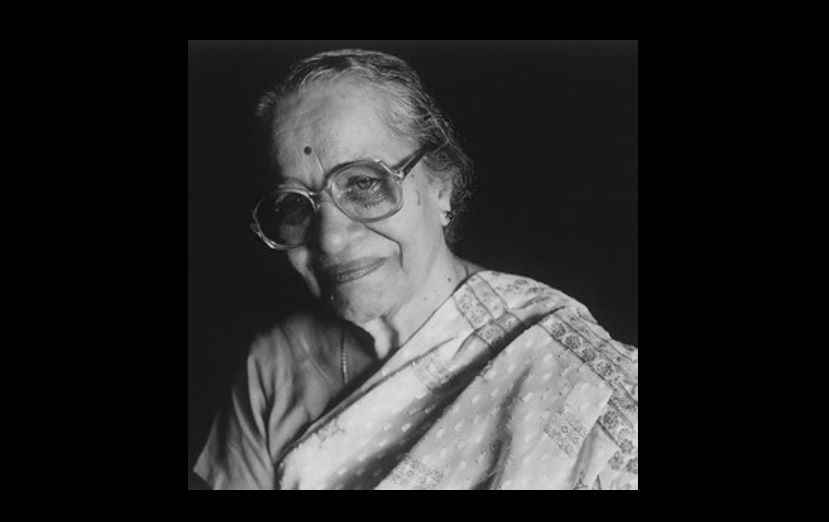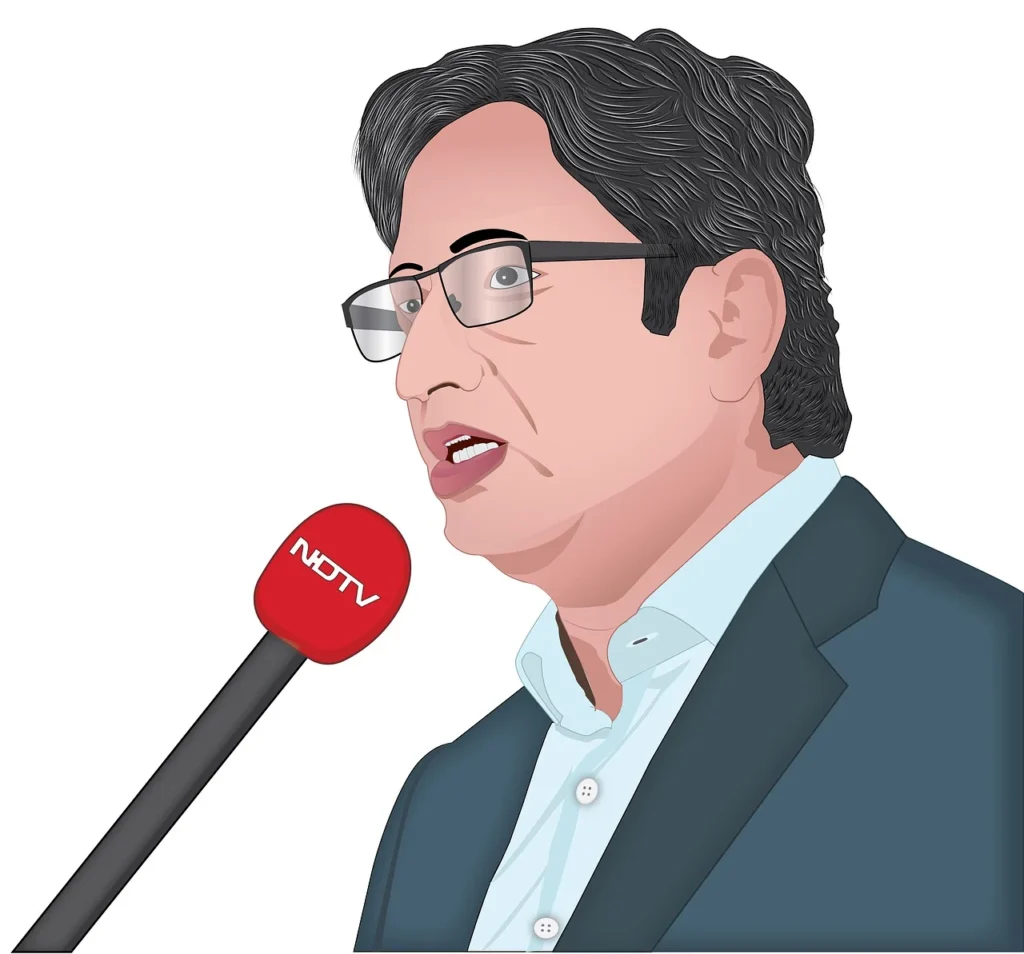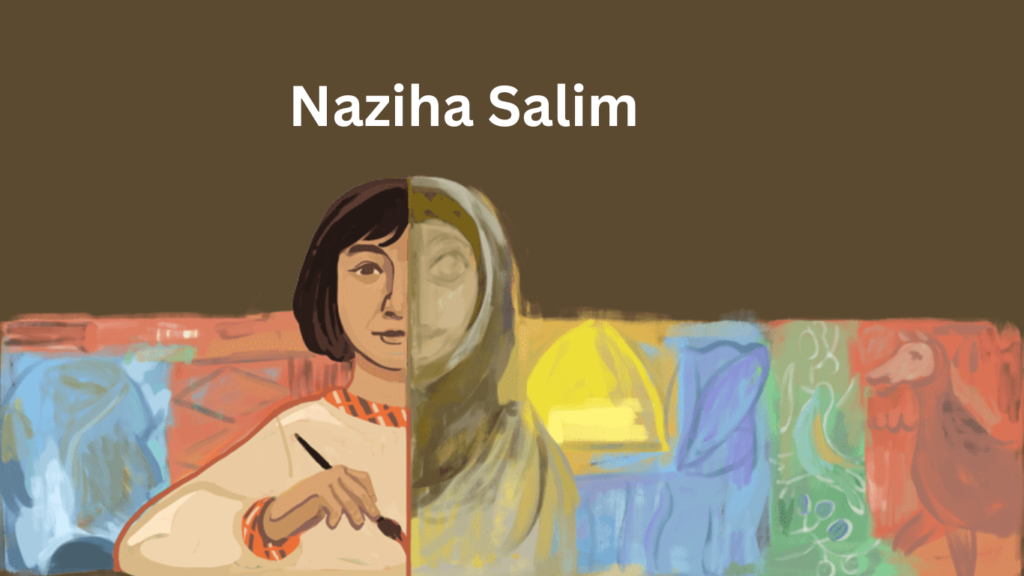Dr. Kamal Ranadive: A Pioneering Force in Biomedical Research and Women’s Health
Early Life and Education
Dr. Kamal Jayasing Ranadive, born on November 8, 1917, in Pune (formerly Poona), India, was the daughter of biologist Dinkar Dattatreya Samarath and Shantabai Dinkar Samarath. Her father, a professor at Fergusson College, Pune, instilled a passion for education in her. Despite her father’s wish for her to pursue medicine and marry a doctor, Kamal chose to study biology. She excelled in her studies, earning a Bachelor of Science (B.Sc.) degree with distinction from Fergusson College.

Kamal continued her academic journey, obtaining a master’s degree (M.Sc.) in cytogenetics from the Agriculture College in Pune. In 1939, she married mathematician J. T. Ranadive and moved to Bombay (now Mumbai). There, she worked at the Tata Memorial Hospital and pursued her doctoral degree (Ph.D.) under the guidance of Dr. V. R. Khanolkar, the founder of the Indian Cancer Research Centre (ICRC).
A Life Dedicated to Science: Early Accomplishments and Research Focus
Dr. Ranadive’s passion for science blossomed under the guidance of her father, a biology professor. Earning a Bachelor of Science from Fergusson College in 1934, she pursued a doctorate in cytology (the study of cells) from Bombay University, a path less traveled by women at the time. While her parents encouraged medical school, Dr. Ranadive’s fascination with the intricate world of cells steered her towards biomedical research.
A pivotal moment in her career came during a fellowship at Johns Hopkins University. Here, she had the privilege of working alongside Dr. George Gey, renowned for his work on tissue culture. This experience instilled in her a deep understanding of this crucial research technique, paving the way for her future contributions.
Upon returning to India, Dr. Ranadive established the country’s first tissue culture laboratory at the Indian Cancer Research Center (ICRC) in Mumbai. This innovative step facilitated groundbreaking research in cancer development. She became a pioneer in animal modeling of the disease, leading to advancements in our understanding of leukemia, breast cancer, and esophageal cancer.
Pioneering Research and Achievements
- Tissue Culture Laboratory: In the 1960s, Dr. Kamal Ranadive established India’s first tissue culture research laboratory at the ICRC in Mumbai. Her groundbreaking work in tissue culture techniques paved the way for cancer research and diagnostics.
- Cancer and Viruses: Dr. Ranadive focused on understanding the links between cancers and viruses. Her research contributed significantly to unraveling the complexities of cancer development and progression.
- Indian Women Scientists’ Association (IWSA): As a founding member of the IWSA, Kamal Ranadive advocated for gender equality in science and education. She worked tirelessly to promote women’s participation in scientific research and fostered a supportive community for women scientists.
Beyond the Lab: Championing Women in Science and Healthcare
Dr. Ranadive recognized the challenges faced by women in scientific pursuits. In 1973, she co-founded the Indian Women Scientists’ Association (IWSA) alongside eleven colleagues. This organization aimed to empower women in science by providing them with support, mentorship, and opportunities for professional development.
The IWSA has grown exponentially since its inception, now boasting eleven chapters across India. They continue to offer scholarships, childcare assistance, and valuable networking platforms for women scientists. Dr. Ranadive’s commitment to fostering a more inclusive scientific environment continues to benefit countless women today.
Dr. Kamal Ranadive’s Legacy: A Beacon of Inspiration
Dr. Ranadive’s remarkable career serves as a beacon of inspiration for future generations. Her accomplishments highlight the importance of:
- Defying Expectations: She pursued her passion for science despite societal constraints, paving the way for other women in STEM fields.
- The Power of Collaboration: Her research and the IWSA’s success demonstrate the value of collaboration in advancing scientific progress and empowering women.
- Lifelong Learning: Dr. Ranadive’s career trajectory showcases the importance of continuous learning and exploration in scientific discovery.pen_spark
FAQ About Dr. Kamal Ranadive
Q1: What were Dr. Kamal Ranadive’s major contributions?
Dr. Kamal Ranadive made pioneering contributions to cancer research, particularly in understanding the role of viruses in cancer development. She also established India’s first tissue culture laboratory at the ICRC.
Q2: What was her educational background?
Kamal Ranadive earned her B.Sc. degree with distinction from Fergusson College and later pursued her M.Sc. in cytogenetics. She completed her Ph.D. at the University of Bombay while working at the Tata Memorial Hospital.
Q3: How did she empower women in science?
Dr. Ranadive co-founded the IWSA, advocating for women’s rights and equal opportunities in scientific fields. She actively mentored and supported women pursuing careers in research and education.
Conclusion
Dr. Kamal Ranadive’s legacy extends beyond her scientific achievements. She exemplified resilience, dedication, and a commitment to advancing knowledge while championing women’s empowerment. Her work continues to inspire generations of scientists and underscores the importance of diversity in scientific endeavors.




